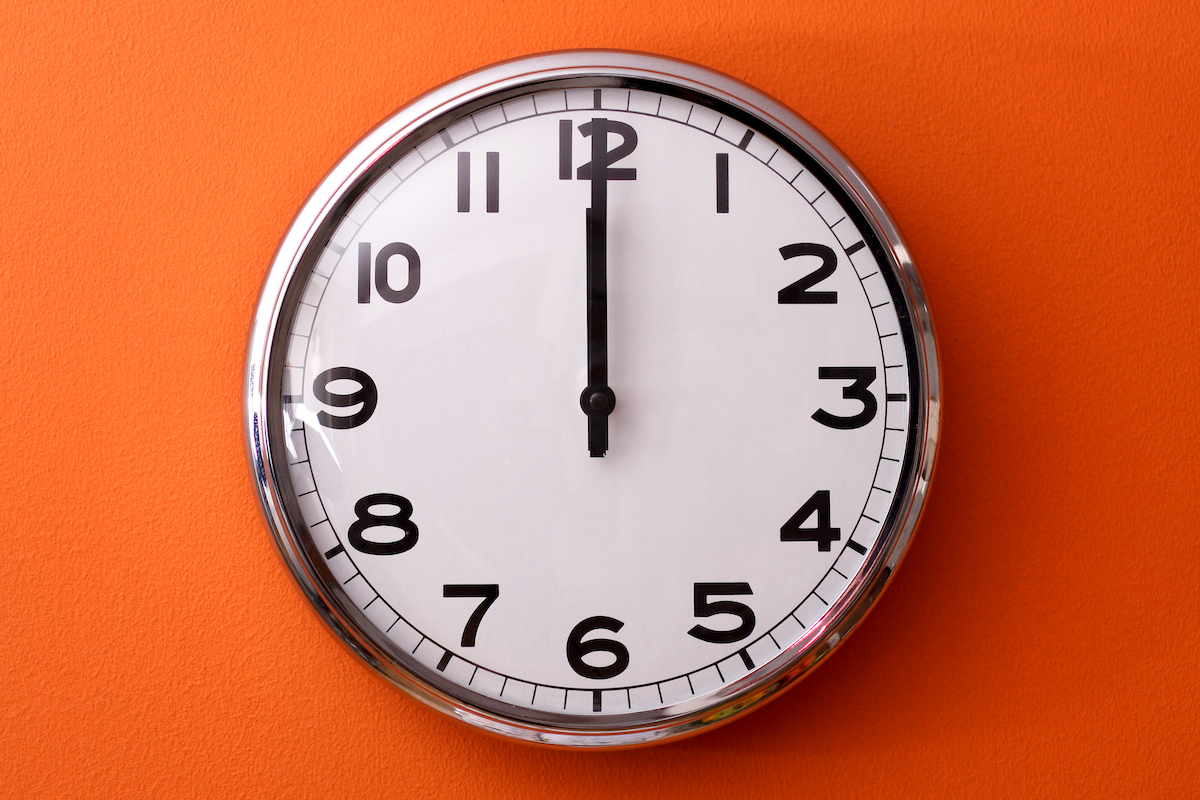How do I know if I’m in perimenopause? Can I do anything to stop it?
Anonymous
I get some version of this question from my patients every day. The answer is not always so clear.
Let’s start with an easier question: Is this menopause? You only know you are in menopause in hindsight. You are officially in menopause when you have not had a period for one year (in medical literature, called the final menstrual period). For most women, menopause is preceded by perimenopause (a small number of women go straight from the late-reproductive stage to menopause). Doctors and researchers have further divided perimenopause into early and late perimenopause.
The key symptom of early perimenopause is variability in menstrual cycle length of more than seven days (measuring from the first day of one cycle to the first day of the next). So one month you will have a 32-day cycle and the next might be 45 days. Some women will have hot flushes and night sweats. If your doctor does blood work during this time, follicle-stimulating hormone (the hormone that tells your ovary to mature an egg), or FSH, can be high or low, and anti-müllerian hormone (a marker that relates roughly to the number of eggs a woman has left) will be low. Early perimenopause can last as long as five years for some women, and some women skip this phase altogether.
In late perimenopause, cycles become very infrequent. Periods are often more than six months apart. Many women have hot flushes and night sweats in this phase. FSH is high (>25 IU/L, for those who like numbers) and anti-müllerian hormone is low. Late perimenopause typically lasts one to three years and ends with the final menstrual period.
Like death and taxes, menopause is inevitable. The timing of perimenopause and menopause are not within our control, and currently there is no way to delay the onset of either. However, there is no reason to suffer through perimenopause in silence. If you have symptoms that are disrupting your life, talk to your doctor. There are many options for managing the symptoms of perimenopause, both hormonal and hormone-free.
Community Guidelines



















Log in